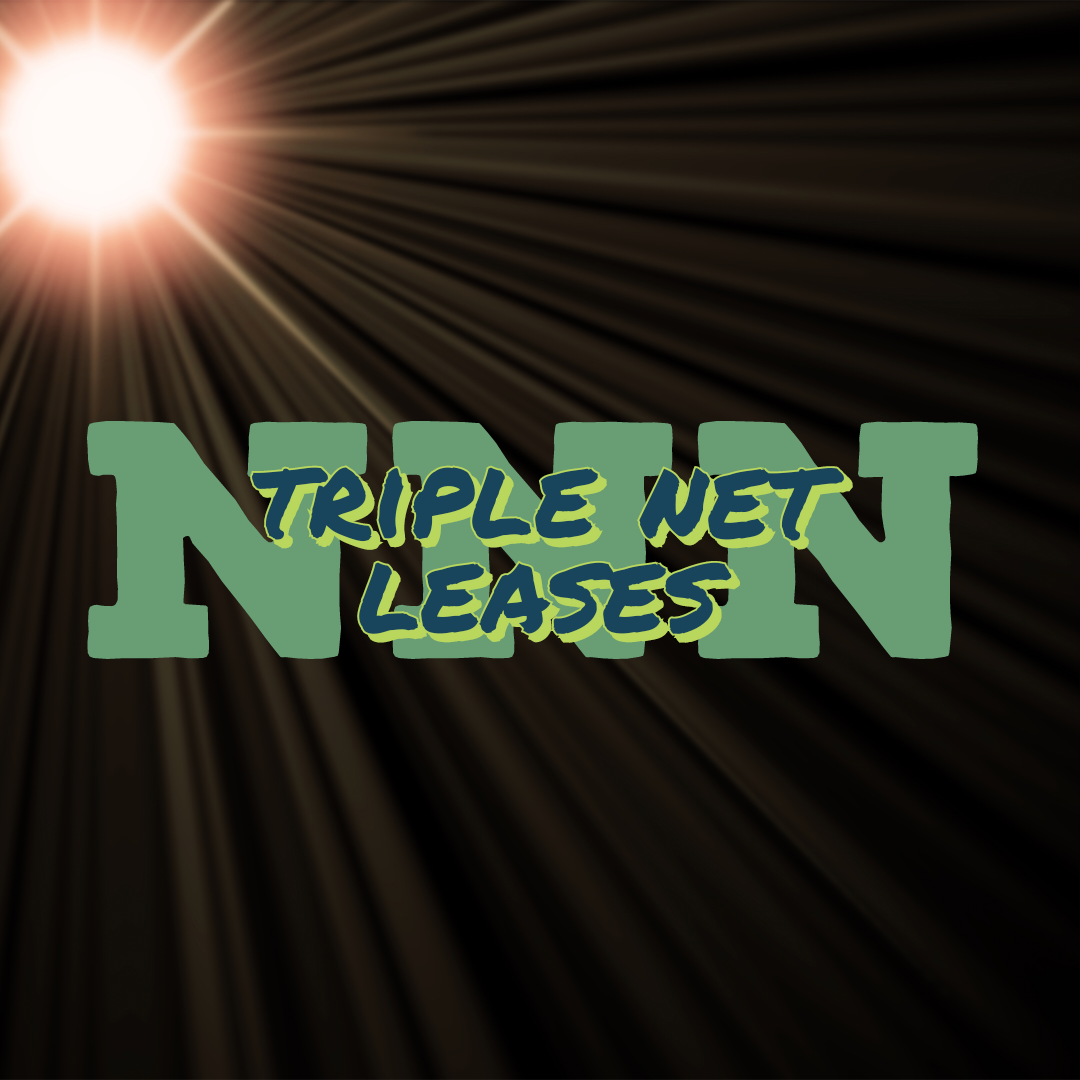In the realm of commercial real estate, Triple Net Leases (NNN) have emerged as a prominent and nuanced lease structure, offering a unique set of benefits for both landlords and tenants. In this detailed exploration, we will delve into the intricacies of NNN leases, shedding light on their mechanics and uncovering the wealth-building advantages they bring to savvy real estate investors.
- Understanding Triple Net Leases (NNN): At its essence, a Triple Net Lease is a contractual arrangement where tenants bear the brunt of three key property-related expenses—property taxes, insurance, and common area maintenance (CAM). Unlike traditional leases, NNN leases shift these financial responsibilities from the landlord to the tenant, creating a distinctive dynamic in the landlord-tenant relationship.
- Tenant Responsibility Breakdown:
- Property Taxes: With NNN leases, tenants are responsible for paying their share of property taxes, ensuring that the burden of this significant expense is distributed among those benefiting from the property’s use.
- Insurance: NNN leases place the onus of property insurance costs on the tenant, covering both the property and liability insurance. This not only protects the landlord’s interests but also fosters a sense of financial accountability for the tenant.
- Common Area Maintenance (CAM): Tenants contribute to the upkeep of shared spaces like parking lots and landscaping. This provision ensures that the property’s common areas remain well-maintained, enhancing the overall appeal and functionality of the commercial space.
- Predictable Income for Landlords: For landlords, the primary allure of NNN leases lies in the predictability of income. Since tenants are responsible for these additional costs, landlords receive a consistent rental income, allowing for better financial planning and stability.
- Reduced Management Responsibilities: NNN leases offer landlords a hands-off approach to property management. With tenants shouldering the financial responsibilities for taxes, insurance, and maintenance, landlords can focus on the strategic aspects of property ownership without being bogged down by day-to-day operational hassles.
- Risk Mitigation and Stability: The risk associated with unforeseen expenses is significantly reduced for landlords under NNN leases. The stability and predictability of income make commercial properties with NNN leases an attractive option for risk-averse investors seeking a reliable stream of revenue.
- Attractive to Institutional Investors: Institutional investors often favor NNN leases due to their low management intensity and stable returns. The appeal lies in the ability to scale portfolios with properties that require minimal oversight while delivering consistent financial performance.
- Long-Term Lease Agreements: NNN leases commonly feature long-term agreements, providing both landlords and tenants with stability. This extended commitment fosters a mutually beneficial relationship, and tenants, in turn, benefit from the stability of their occupancy.
Triple Net Leases have become a cornerstone in commercial real estate, providing a win-win scenario for landlords and tenants alike. The allocation of financial responsibilities creates a symbiotic relationship, offering landlords predictable income and reduced management burdens, while tenants enjoy the benefits of stable, well-maintained commercial spaces. As with any real estate investment, thorough due diligence and understanding of the intricacies involved are essential for unlocking the full wealth-building potential of NNN leases.

